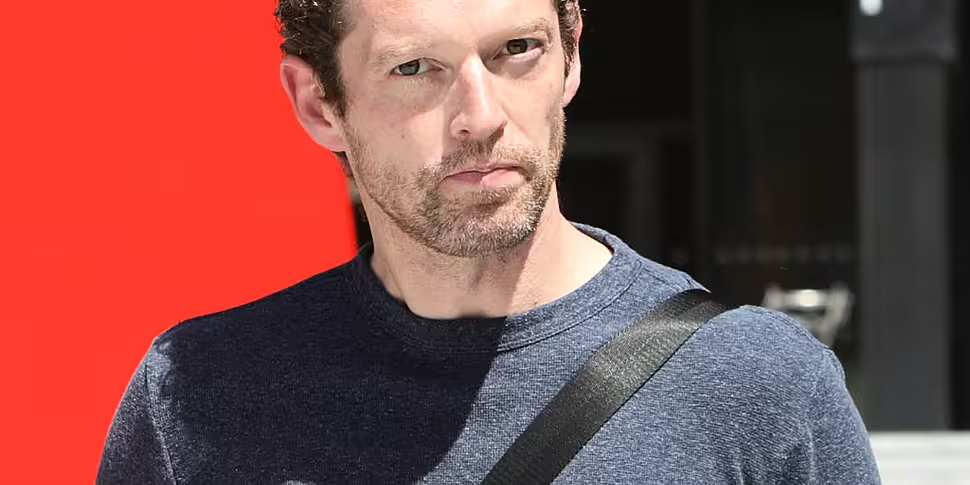CervicalCheck patient advocate Stephen Teap has accused the Health Minister of showing a “lack of compassion” to women who recently learned they received incorrect results.
It comes after a review of more than 1,000 slides carried out by the UK Royal College of Obstetricians and Gynaecologists (RCOG) came up with 308 different results.
It said 159 of those resulted in missed opportunities to prevent cancer or diagnose it at an earlier stage.
Yesterday, the Health Minister Simon Harris noted that the RCOG Expert Panel said the results were “in line with those seen in the English screening programme.”
He said the report had found that the “CervicalCheck programme is working effectively and crucially that women can have confidence in the programme.”
On Newstalk Breakfast this morning, Mr Teap said he “wasn’t overly happy” with the minister’s statement.
“I think it lacked compassion for the people that were affected,” he said. “Particularly the 159 people.”
“I know too well myself what that news is like when you find out there were different readings that could have prevented someone from getting cancer – or even dying – and I think his statement yesterday lacked that.”
He said he felt like the minister was trying to draw a line under the scandal.
“We are a very long way from getting to the end of this debacle and the people that are involved in this still do not have the answers,” he said.
“I think the minister’s response yesterday was just taking snippets out of the RCOG review just to try and downplay and ignore the pain and suffering that has been inflicted on so many people.”
He said he fully supports the decision of Lorraine Walsh to step down from her position as his fellow patient advocate at the CervicalCheck steering group.
He said the RCOG review made a number of mistakes in its communication with the women involved and she felt she was not being listened when she voiced concern over it.
“She was being argued with and wasn’t getting the respect back when she highlighted these mistakes and of course eventually she became a victim of these mistakes herself,” he said.
“She ended up getting an incorrect report showing cordance and then another report showing discordance.
“So she has two conflicting reports right now highlighting and confirmed the concerns that she had raised.”
He said there has been an awful lot of work done to reform the screening programme and confidence is now growing in it.
“Cervical screening does save lives,” he said. “It is very important.”









